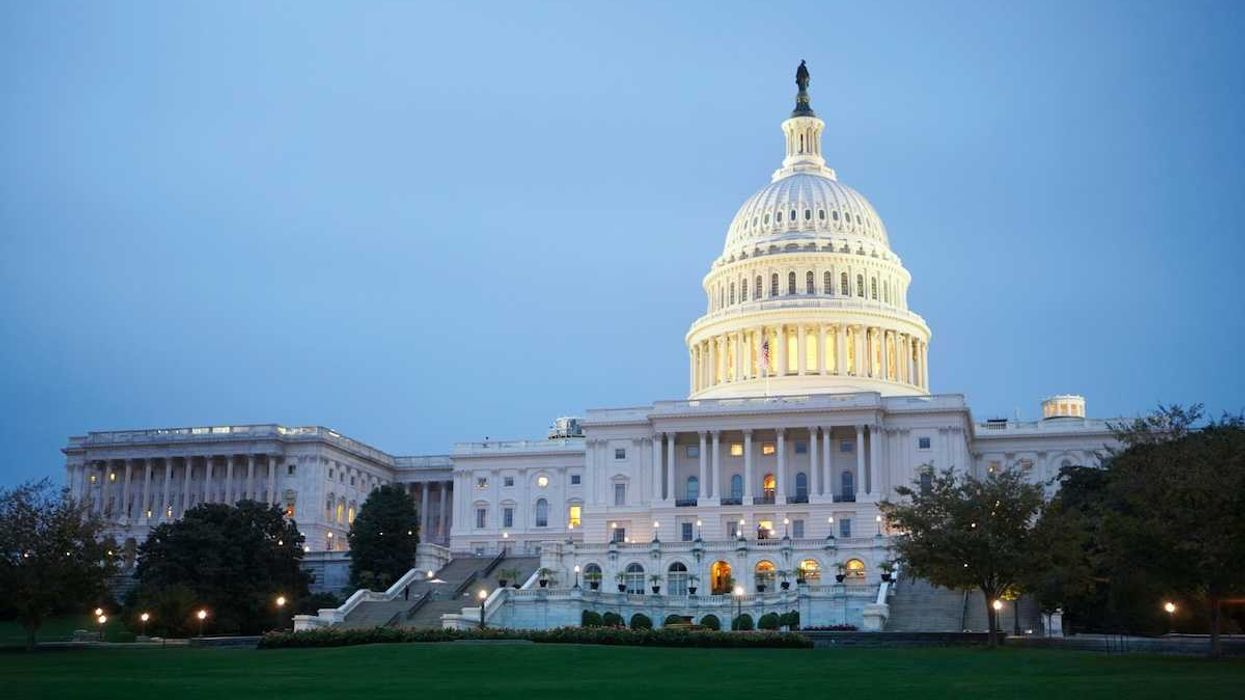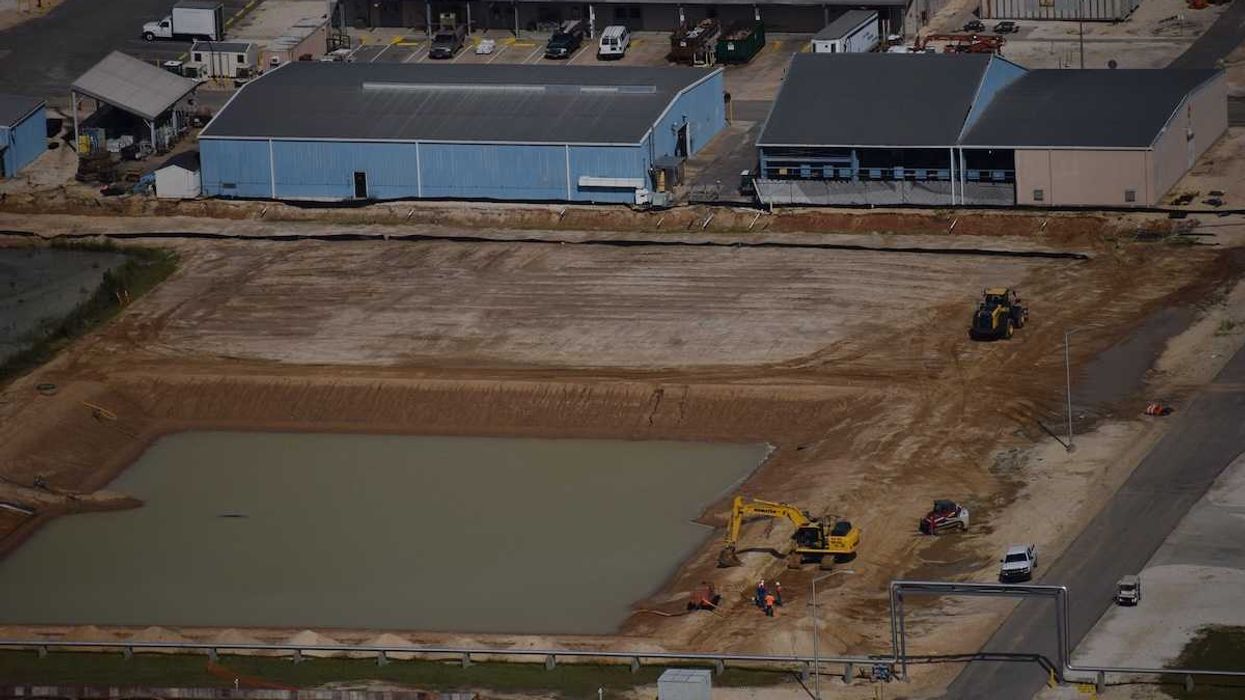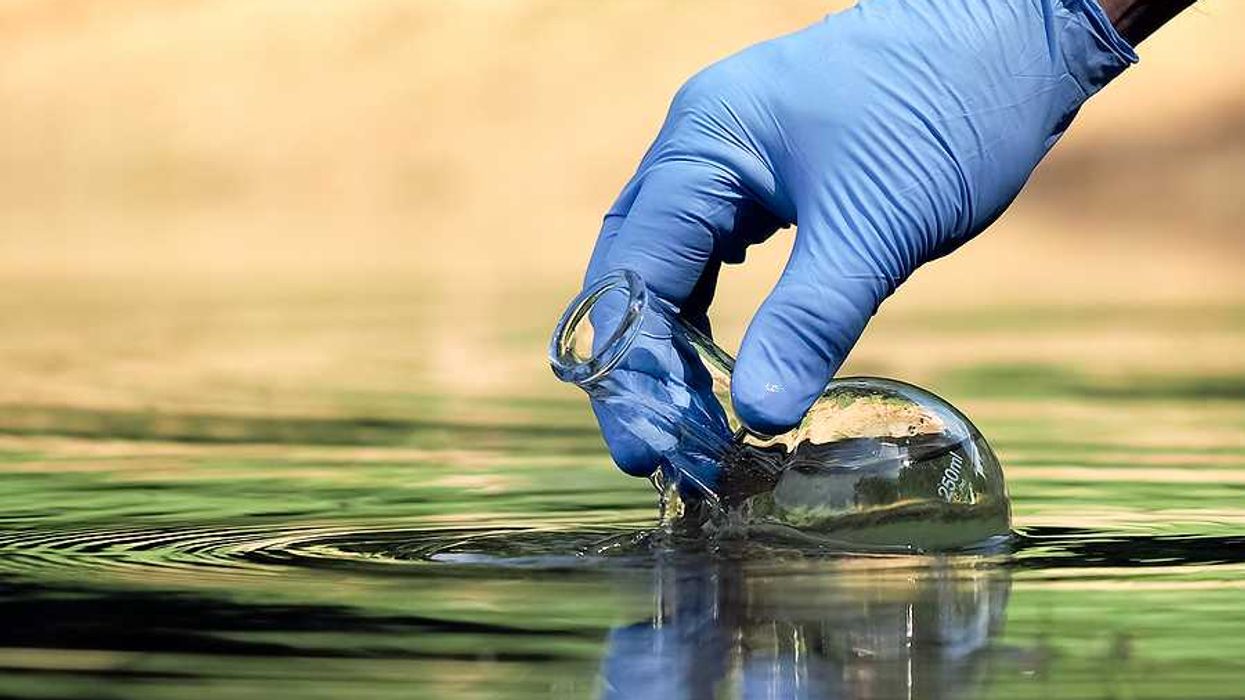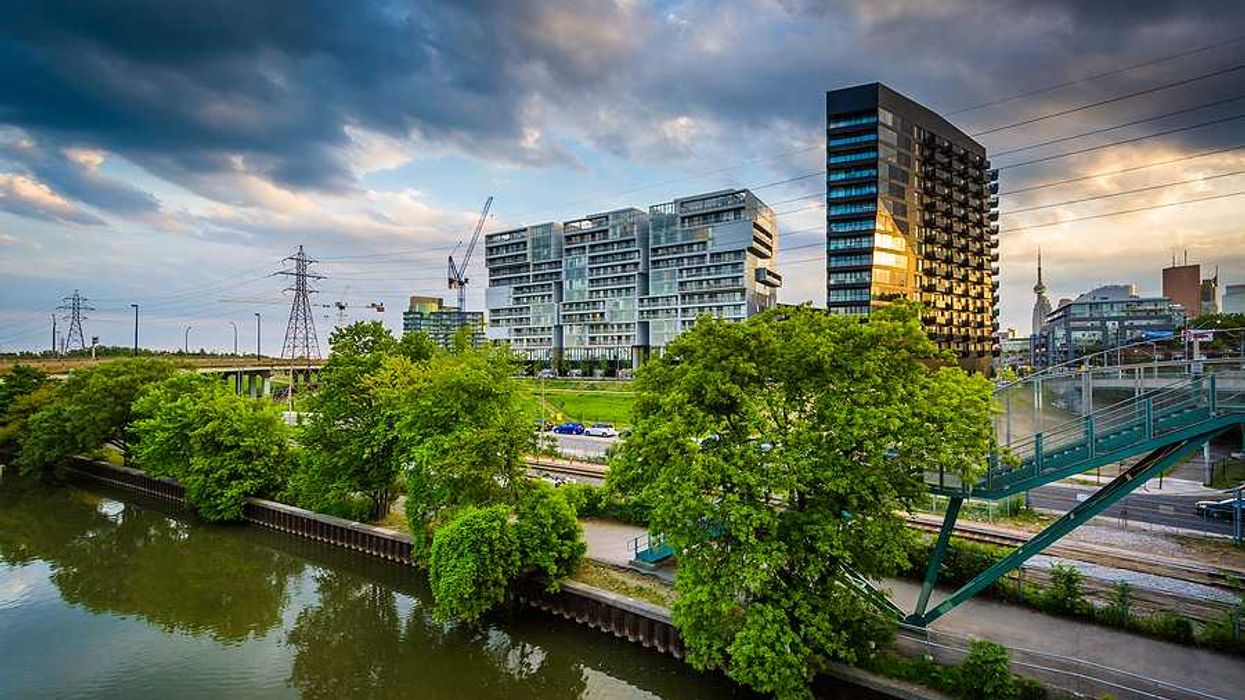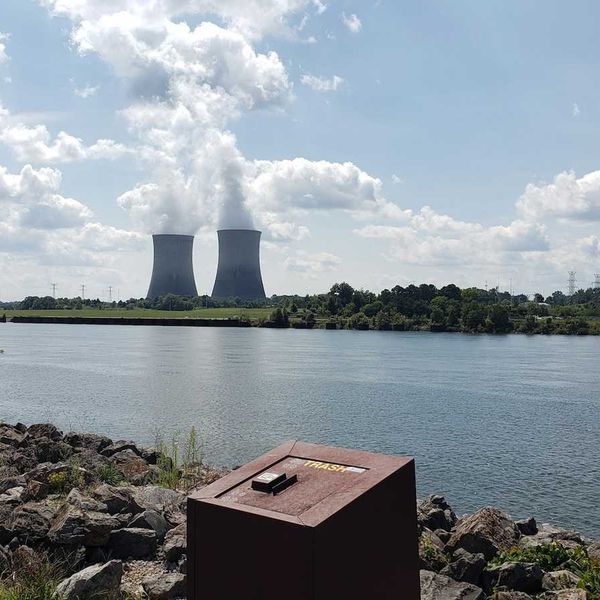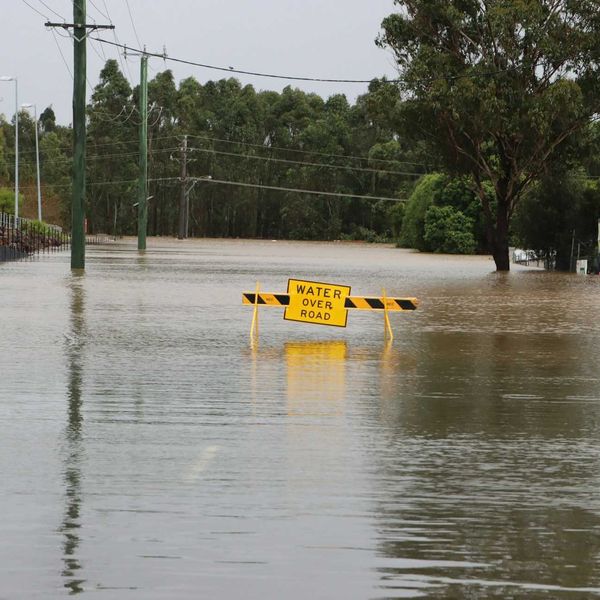The Menominee Indian Tribe of Wisconsin today filed a federal lawsuit against the U.S. Army Corps of Engineers and the U.S. Environmental Protection Agency claiming the agencies have failed to take "primary responsibility" for wetland permitting on a controversial proposed open pit mine in Michigan's Upper Peninsula.
The lawsuit is the latest and most aggressive effort by the tribe to prevent the Back Forty Mine—a proposed 83-acre open pit gold, zinc and copper mine in the southwestern corner of Michigan's Upper Peninsula. The mine has been weaving through the state's permitting process for years despite opposition from the Menominee and other regional tribes, as well as local residents and environmental groups.
EHN highlighted the Menominee's fight in the 2016 series "Sacred Water," a national look at how culturally significant water resources get sullied, destroyed and defaced by activities often happening beyond Native Americans' control.
The Michigan Department of Environmental Quality (DEQ) has overseen permitting for the mine thus far. The Menominee lawsuit claims the feds should have wetland permitting authority because it falls under the Clean Water Act, alleging "permitting fill and excavation on the Menominee River and its wetlands cannot be delegated to a state under the Act."
"The Menominee River and its wetlands are interstate federal waters, used in interstate commerce under the law," said Janette Brimmer, an Earthjustice attorney representing the Menominee, in a statement. "So, under the law, this permit cannot be controlled by one state."
In December, the Michigan DEQ accepted the project's wetland permit, filed by Aquila Resources. The Michigan DEQ will consult with the U.S. Environmental Protection Agency and is expected to make a final permitting decision on the mine by mid-2018. Aquila has promised jobs and money to the region—a company-backed study estimated 240 permanent jobs and more than $20 million annually paid in taxes to federal, state, and local government.
The mine, however, would sit on sacred ground for the Menominee tribe—near burial sites, centuries-old raised garden beds, and within 150 feet of the Menominee River, which forms the border of Michigan and Wisconsin.
The mouth of the river is the center of the tribe's creation story.
The tribe and locals also fear pollution from the open pit mine: extracting metals from sulfide ores can produce toxic sulfuric acid, which can release harmful metals and potentially drain into nearby waterways. More than 100 tributaries drain into the Menominee River and the watershed covers about 4,000 square miles. It supports large populations of bass, pike, walleye and spawning grounds for sturgeon.
Menominee tribal chairman Gary Besaw said the river and cultural sites are too important for the permitting to come only from the state of Michigan.
"This permit affects the interests of so many people and the environment in Wisconsin and Michigan, including sites critical to the tribe's culture and history. Therefore, it is important that this process follow the Clean Water Act and not solely be controlled by the State of Michigan," Besaw said in a statement.
The state of Michigan has a public hearing on the mine scheduled tomorrow (Jan. 23) in Stephenson, Michigan.
The lawsuit was filed in U.S. District Court for the Eastern District of Wisconsin.










